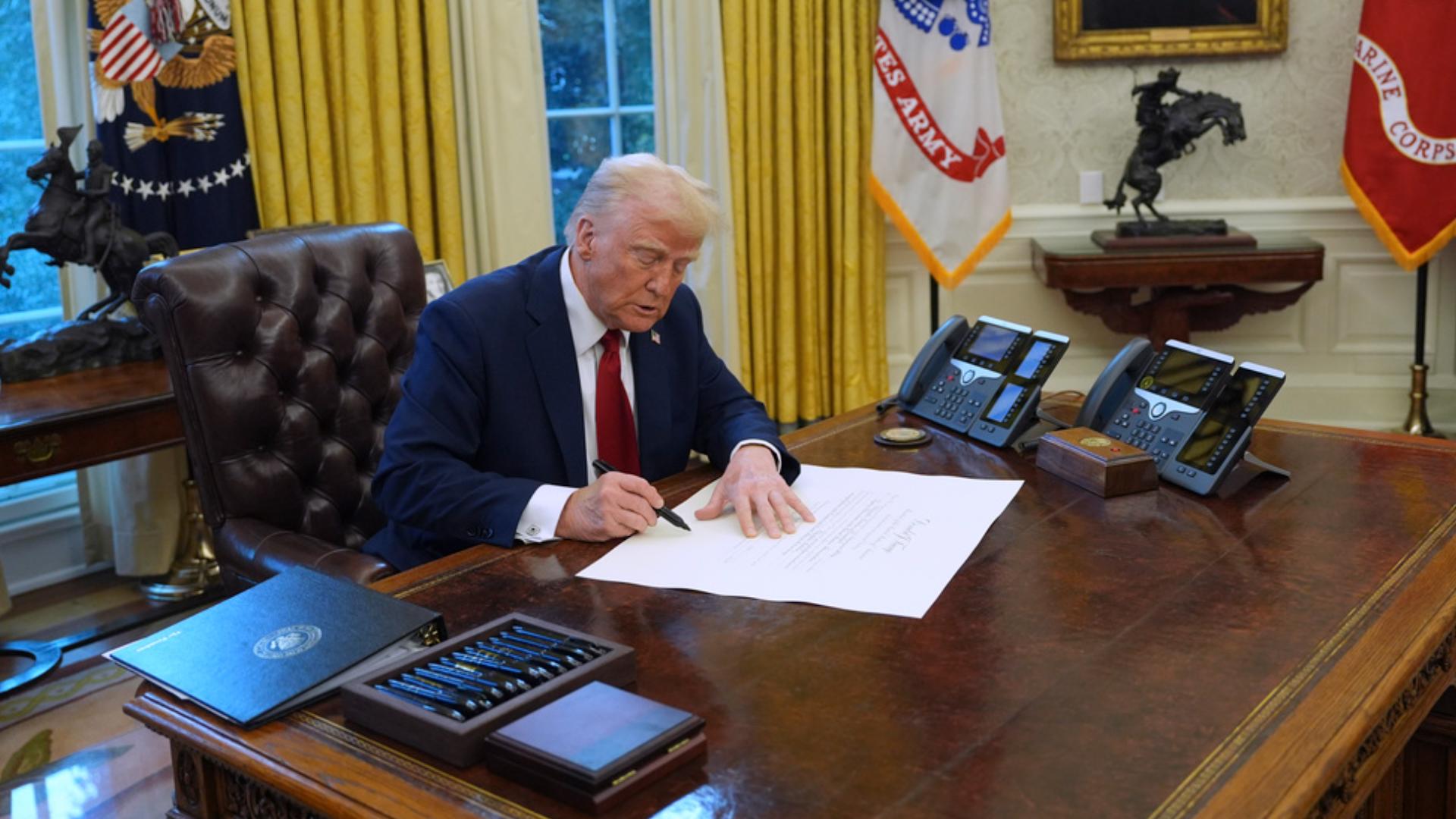Former President Donald Trump announced a new immigration initiative that would allow wealthy foreigners to purchase a “gold card” for $5 million. This card would grant them the right to live and work in the U.S., providing privileges beyond those of a traditional green card and offering a pathway to citizenship. Trump described the program as a way to attract affluent individuals who are willing to pay for residency while contributing financially to the country.
Gold Card Sales, Eligibility, and Its Replacement of the EB-5 Visa Program
Trump stated that sales of the gold card would begin within two weeks and suggested that millions could be sold. When asked if Russian oligarchs would be eligible, he responded affirmatively, mentioning that he knew some who were “very nice people.” His comments signaled an openness to high-net-worth individuals from various backgrounds, provided they met the financial requirements.

Commerce Secretary Howard Lutnick explained that the gold card would replace the current EB-5 immigrant investor visa program. Established in 1992, the EB-5 program allows foreign investors to secure green cards by investing at least $1.05 million, or $800,000 in economically distressed areas, to create jobs. Lutnick emphasized that applicants for the new program would still undergo a vetting process to ensure they are “world-class global citizens.”
Controversies and Concerns Surrounding the EB-5 Program and Trump’s Gold Card Plan
The EB-5 program has faced bipartisan criticism for straying from its original purpose, with lawmakers arguing that it needed reform. During Trump’s presidency, his administration attempted to increase the required investment amounts, but a federal judge later struck down the rule due to procedural errors. Businesses connected to Trump and his family have also used the program to fund real estate developments, adding to the scrutiny surrounding it.
Under the Biden administration, the EB-5 program was renewed in 2022 with increased investment requirements. Trump’s proposed gold card would set an even higher financial threshold for residency, making it an option primarily for the ultra-wealthy. While the plan may attract significant investment, it is likely to fuel debate over its impact on economic fairness and national security.


